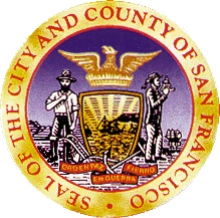Tri-County Rural Electric Delivering Connectivity, Expanding Partnerships, in Appalachians - Community Broadband Bits Podcast 383

Tri-County Electric Cooperative in north central Pennsylvania has listened to its members' wishes and is developing a Fiber-to-the-Home (FTTH) network for Internet access. While Christopher was at the October Broadband Communities Economic Development event in Alexandria, Virginia, he met up with Craig Eccher, President and CEO of the co-op, to learn more about the project and the cooperative.
Craig describes how the infrastructure was needed for basic electric operations - to improve communication between substations - and that members had also begun to request Internet access from their co-op. When they sought information through a survey, the results were supportive, but cooperative leadership needed to take a creative approach to get members to attend a meeting for discussion about project details. Craig describes how the demographic support surprised and encouraged them and how state and federal funding provided the boost they needed to confirm the project.
The cooperative is redefining partnerships both in the community and in ways that go beyond the co-op's service area. Craig talks about business and member partnerships that will help expand the use of the infrastructure. He also describes how the project has breathed new life into the role of the cooperative within the Appalachian community it serves and how, while happy with the new excitement, it's important to manage expectations.
This show is 24 minutes long and can be played on this page or via Apple Podcasts or the tool of your choice using this feed.
Transcript below.
We want your feedback and suggestions for the show-please e-mail us or leave a comment below.
Listen to other episodes here or view all episodes in our index. See other podcasts from the Institute for Local Self-Reliance here.
Thanks to Arne Huseby for the music. The song is Warm Duck Shuffle and is licensed under a Creative Commons Attribution (3.0) license.


